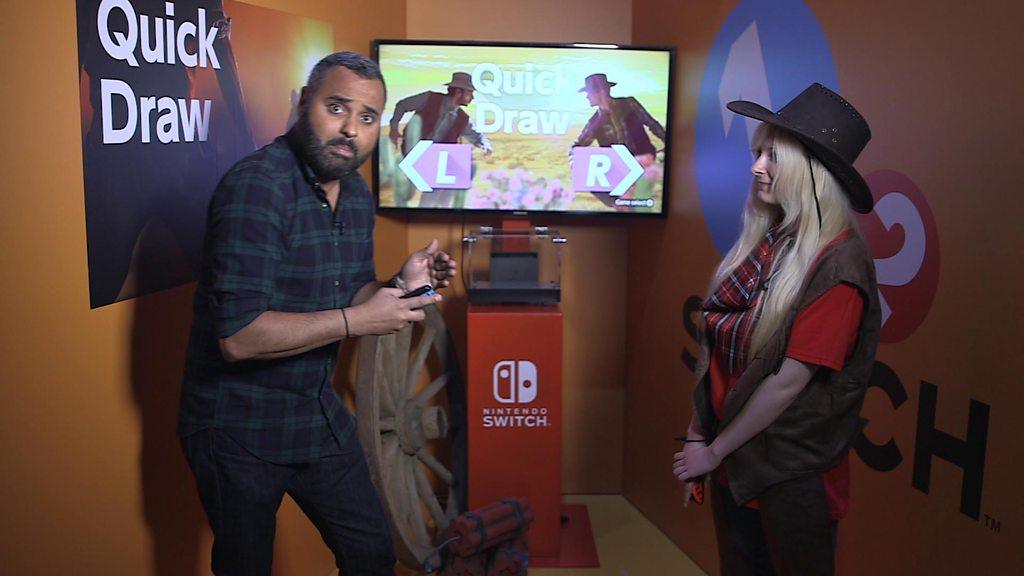Nintendo signals end for Wii U
- Published
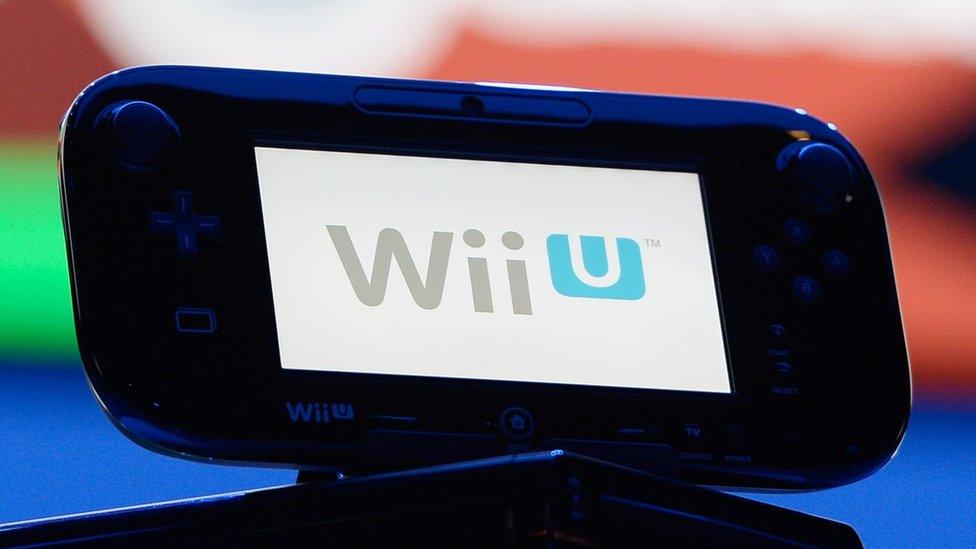
Nintendo has signalled the "end of life" for its Wii U games console, which was first released in 2012.
Reggie Fils-Aime, president of Nintendo America, told Polygon, external that Legend of Zelda: Breath of the Wild would be the company's final game for the device.
"We really are at the end of life for Wii U," he said.
The Wii U struggled to match the success of the original Wii device. It will be succeeded by the Nintendo Switch console in March.
Legend of Zelda: Breath of the Wild - the latest instalment in one of the best-selling game franchises of all time - was first announced in 2013.
But the game has faced multiple delays and will now be released on the Wii U and Nintendo Switch simultaneously.
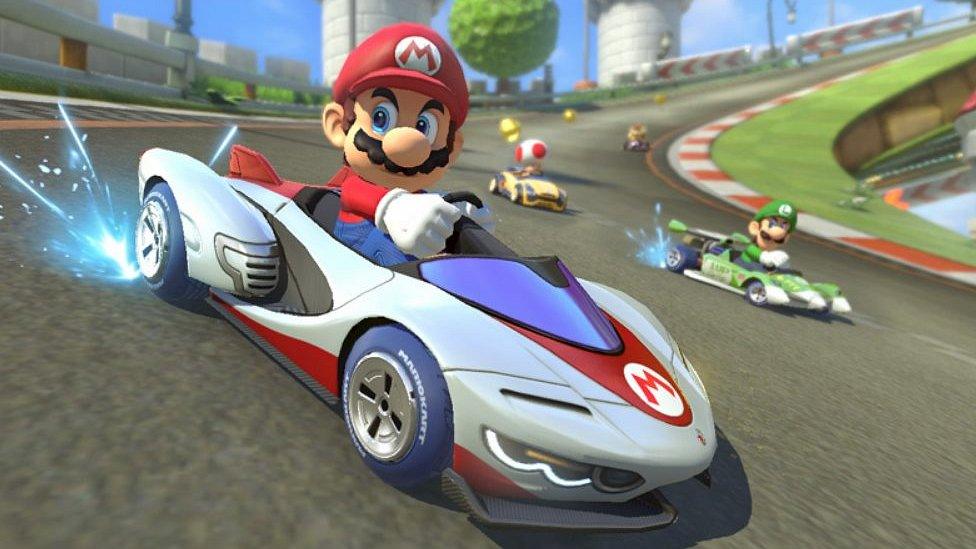
Mario Kart 8 was the Wii U's best-selling game - 8 million copies were sold
Nintendo has previously indicated, external that the production of Wii U hardware was due to end.
However, Mr Fils-Aime said that the company would continue to provide online services for Wii U players, and that third-party publishers may still decide to release software.

Where did Wii go wrong?
by Chris Foxx, BBC technology reporter
The original Wii with its quirky motion-controlled party games quickly became Nintendo's best-selling home console, so it's easy to see why the company wanted to ride that wave.
But critics say the Wii U name confused shoppers, making it sound like an accessory or enhanced version of the original console.
Others say Nintendo fudged the marketing, with confusing messages about what the new touchscreen controller could do.
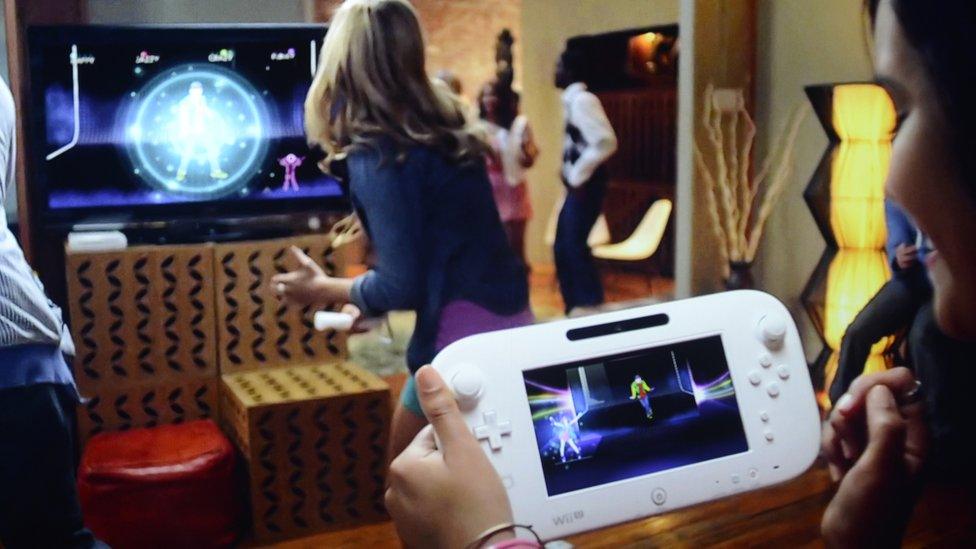
Critics say the Wii U message was confusing
In some games it worked as a "second screen" to display maps or inventory - but few third-party games properly supported it.
It could also be used to play without a TV, as long as you were at home, and near the console, and playing a game that supported it.
For many gamers, the Nintendo Switch is what the Wii U should have been: a device that operates consistently as a handheld and home console.
Now, as Nintendo presses its final discs for the short-lived Wii U, it must convince players that its next console is worth the investment.

Nintendo's greatest hits
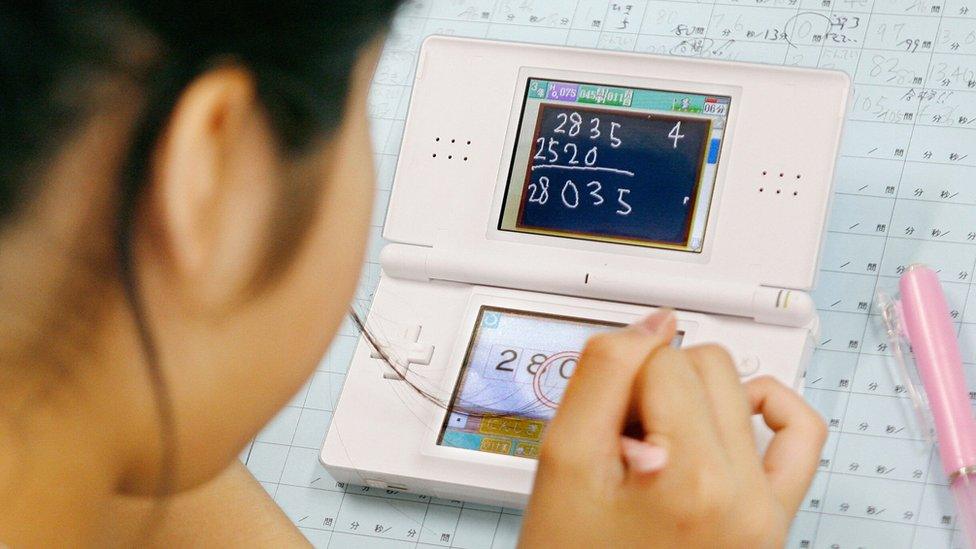
The DS was Nintendo's best-selling device
DS (2004) - handheld - 154 million sales
Game Boy (1989) - handheld - 119 million
Wii (2006) - console - 102 million
Game Boy Advance (2001) - handheld - 82 million
NES (1983) - console - 62 million
3DS (2011) - handheld - 62 million
SNES (1990) - console - 49 million
N64 (1996) - console - 33 million
GameCube (2001) - console - 22 million
Wii U (2012) - console - 13 million
Source: Nintendo, external, September 2016
- Published13 January 2017
